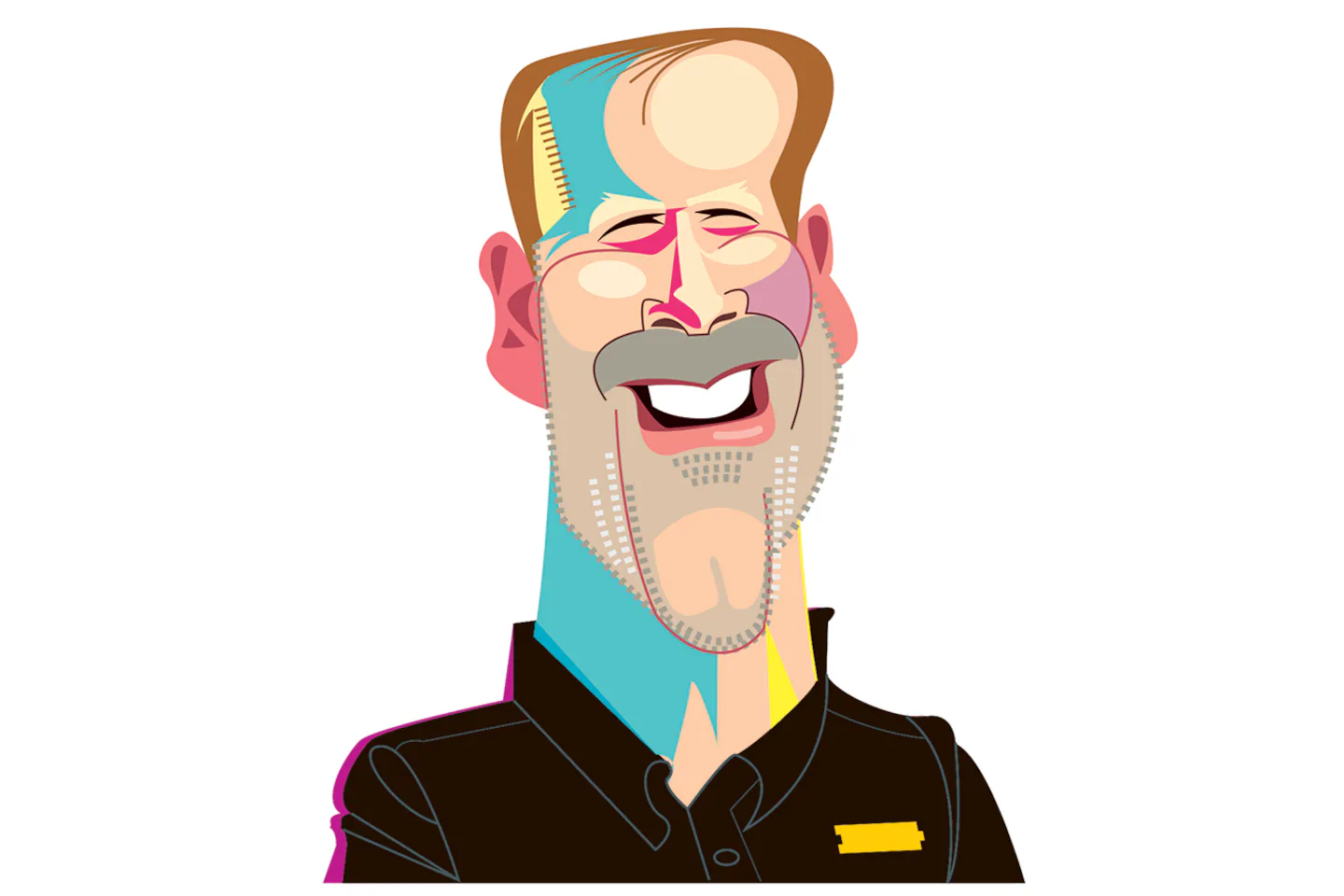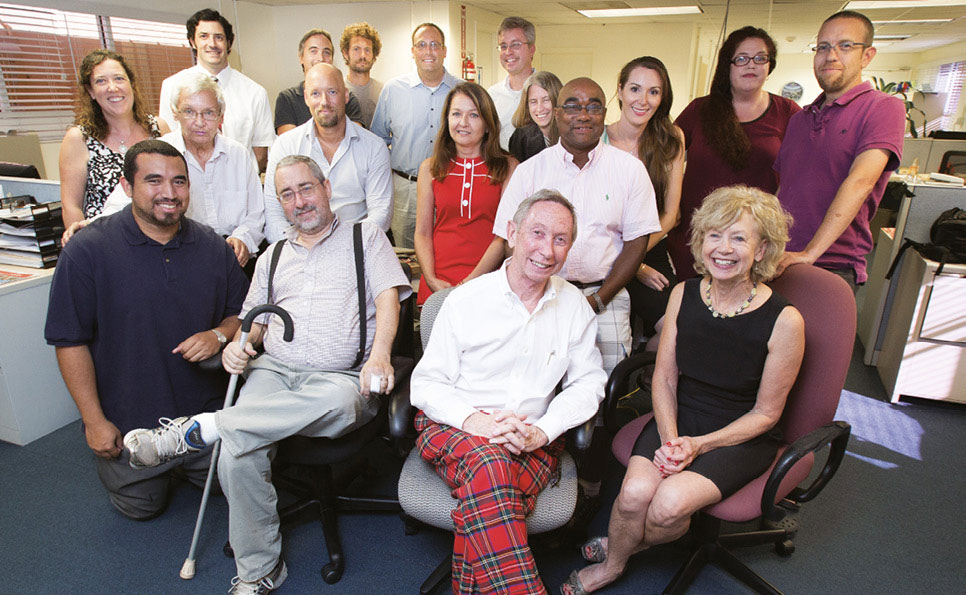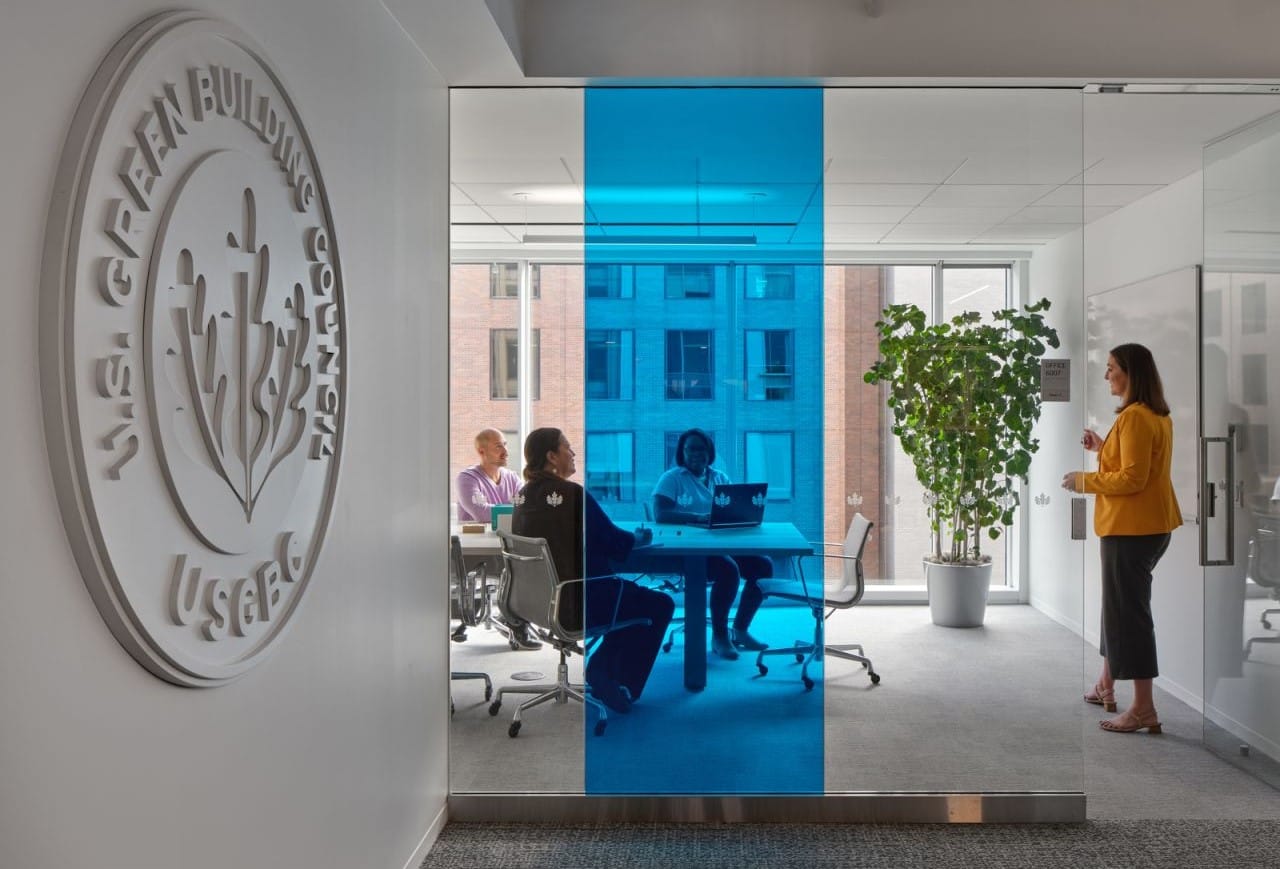Copyright The Boston Globe

Lumber Liquidators went public in 2007, and Sullivan drifted away from that business — until the chain ended up in Chapter 11 bankruptcy. That prompted Sullivan to buy back the company, through his private equity firm F9 Investments, in 2024, in a pared-back form, with 219 stores (roughly half of its size pre-bankruptcy). Lumber Liquidators now shares management with F9’s Cabinets to Go chain in Tennessee, with chief executive Jason Delves in charge of both. This year, Sullivan is co-chairing the NBP fund-raiser with Ted Truscott, chief executive of Columbia Threadneedle Investments, his wife Kathy Truscott, and Mitch Rosen, chief executive of SFV Services. Sullivan said he’s also been working closely with Mark Lev, president of Fenway Sports Management, on logistics. The gala is normally held earlier in the year, but Sullivan says the Fenway folks chose November in case the Red Sox made it to the World Series. Sullivan joked: “I told Mark, ‘You probably don’t need to worry about that.’” Robots may not replace researchers in lab coats running clinical trials anytime soon, but artificial intelligence is playing an increasingly important role in drug discovery efforts. That’s the message Vertex Pharmaceuticals chief executive Reshma Kewalramani conveyed during a discussion with Nasdaq chief executive Adena Friedman at the Boston Harbor Hotel last Thursday. Kewalramani was ostensibly the one asking the questions at the event, hosted by the Boston College Chief Executives Club. But Friedman turned the tables by asking Kewalramani a question of her own: Will AI be a major contributor to how drugs get discovered over the next 10 years? “I used to roll my eyes when people asked me about AI in health care or in drug development ... maybe even up to a year ago,” Kewalramani said. “But I’ve changed my mind [though] it is not the case that we have a computer in the basement at Vertex and it’s spitting out small molecules or protein therapeutics or cell and gene therapy. ... I don’t see that happening as far as my crystal ball can see in the next five years, in the next decade.” Instead, Kewalramani said she sees AI relieving its human masters of extensive grunt work. For example, drug-approval paperwork for regulators can take many months to write and assemble. She said computers are getting so advanced, they can accept the relevant information and write a first draft within a matter of minutes. (A human would still need to go over the draft.) “But I still don’t see computers sitting in our basements spitting out medicines for us in the near future,” Kewalramani said. To which Friedman responded: “I’ll ask you again in five years.” Joe Curtatone left municipal government behind when he went to work for a regional trade group that lobbies on behalf of clean tech businesses in early 2022. Now, the former Somerville mayor has narrowed his focus to one business: Woburn EV company Indigo Technologies, which he joined last week as vice president of government affairs and strategy. Indigo, led by chief executive Will Graylin, focuses on motorized wheel technology developed at MIT to design commercial vehicles that can be lighter and roomier, and thus more efficient, than typical battery-powered vans. Curtatone led the Alliance for Climate Transition for nearly four years, including under its previous incarnation as the Northeast Clean Energy Council. The ACT board appointed Trish Fields as interim executive director and aims to find a permanent replacement next year. At Indigo, Curtatone will help the 130-person company transition to full-scale manufacturing in late 2027 or 2028. He said Indigo, whose investors include FedEx and Foxconn, is in the midst of a national search to open a manufacturing plant. Curtatone said he was drawn by the impact that Indigo’s technology could have, particularly with regard to reducing carbon emissions. “It’s a new opportunity,” he said, “being part of momentum to build a team [and] chase another dream.” It can be hard to give up a great view. Just ask the lawyers at WilmerHale. After checking out other office towers, the global law firm has decided to stay put at 60 State St. The firm, which has dual headquarters in Boston and Washington, signed a new 13-year lease for 201,000 square feet across eight floors, a modest reduction from the 248,000 square feet that it currently leases. A team from brokerage Savills led by Roy Hirshland and Thomas Fulcher represented WilmerHale, while a team at JLL led by Dan Cavanaugh represented building owner Starwood REIT. Hirshland said the deal underscores how Boston’s high-end towers continue to draw and retain top-tier tenants, even as the city’s office market remains in flux. Nearly all of the 912,000-square-foot tower is leased today. Felicia Ellsworth, partner-in-charge of WilmerHale’s Boston office, said her colleagues like the central location, between South Station and North Station and within walking distance of the main courthouses. A renovation project will take place to retrofit and modernize the space for the firm’s 500 Boston employees, including around 250 attorneys. (They’re currently required to work in the office four days a week.) Ellsworth said the firm is primarily shedding “dead space” such as file rooms and cabinets that are no longer necessary. The tower offers panoramic views of the North End, Boston Harbor, and points beyond, particularly from the State Room function halls on the 33rd floor. “We have the best views in the city,” Ellsworth said. “I won’t say that was a deciding factor, but it’s something we really like about the space here.” Is Post Office Square going to the dogs? After three decades of keeping canines out of the meticulously maintained Norman B. Leventhal Park, the Friends of Post Office Square has finally relented. The nonprofit has carved out a small section near the downtown park’s underground garage entrance for pooches to do their business. Keeping the main lawn free of debris has been a big priority, as more dogs started appearing downtown; some offices were converted to apartments, hotels became increasingly pet-friendly, and some people even began commuting in with their pets. About a decade ago, the Friends allowed service dogs and more recently adopted an unwritten rule allowing dogs on the park’s perimeter. But Friends president Pam Messenger said her organization realized it needed a designated space in the 34-year-old park. The Friends hired sculptor Rich Duca of Wenham to design the metal fencing and Cassidy Bros. Forge in Rowley to make it, the same contractors behind the custom-made fixtures around the rest of the park. Likewise, Halvorson, the park’s original architect and now part of Tighe & Bond, was reenlisted to design the pocket park for pooches. “We said we can’t really lecture people if we don’t provide a solution, so that’s what we did,” Messenger said. “We decided we can’t beat them, so we’re going to join them.”



